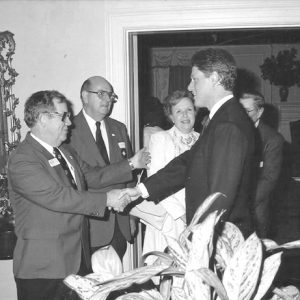 Cone Magie and Bill Clinton
Cone Magie and Bill Clinton
Entry Category: Governors - Starting with M
 Cone Magie and Bill Clinton
Cone Magie and Bill Clinton
Martineau, John Ellis
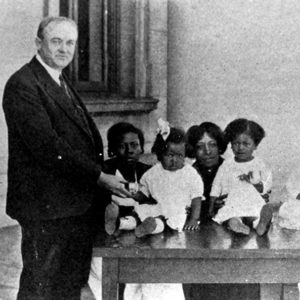 John Martineau
John Martineau
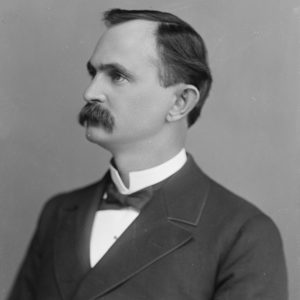 Philip D. McCulloch
Philip D. McCulloch
 McMath Family
McMath Family
 McMath Postcard
McMath Postcard
McMath, Sid
aka: Sidney Sanders McMath
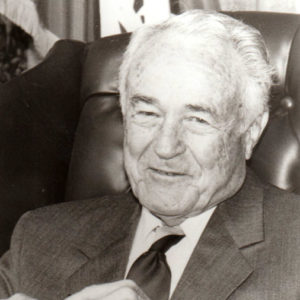 Sid McMath
Sid McMath
 McRae Campaign
McRae Campaign
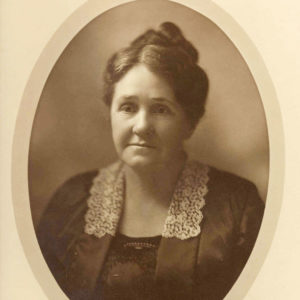 Amelia McRae
Amelia McRae
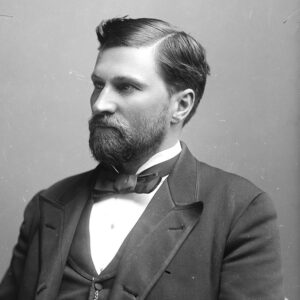 Thomas C. McRae
Thomas C. McRae
McRae, Thomas Chipman
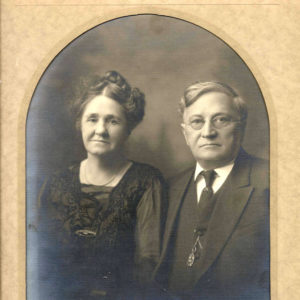 McRaes
McRaes
Miller, James
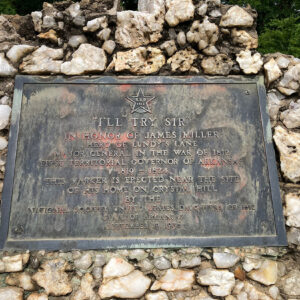 James Miller Memorial
James Miller Memorial




